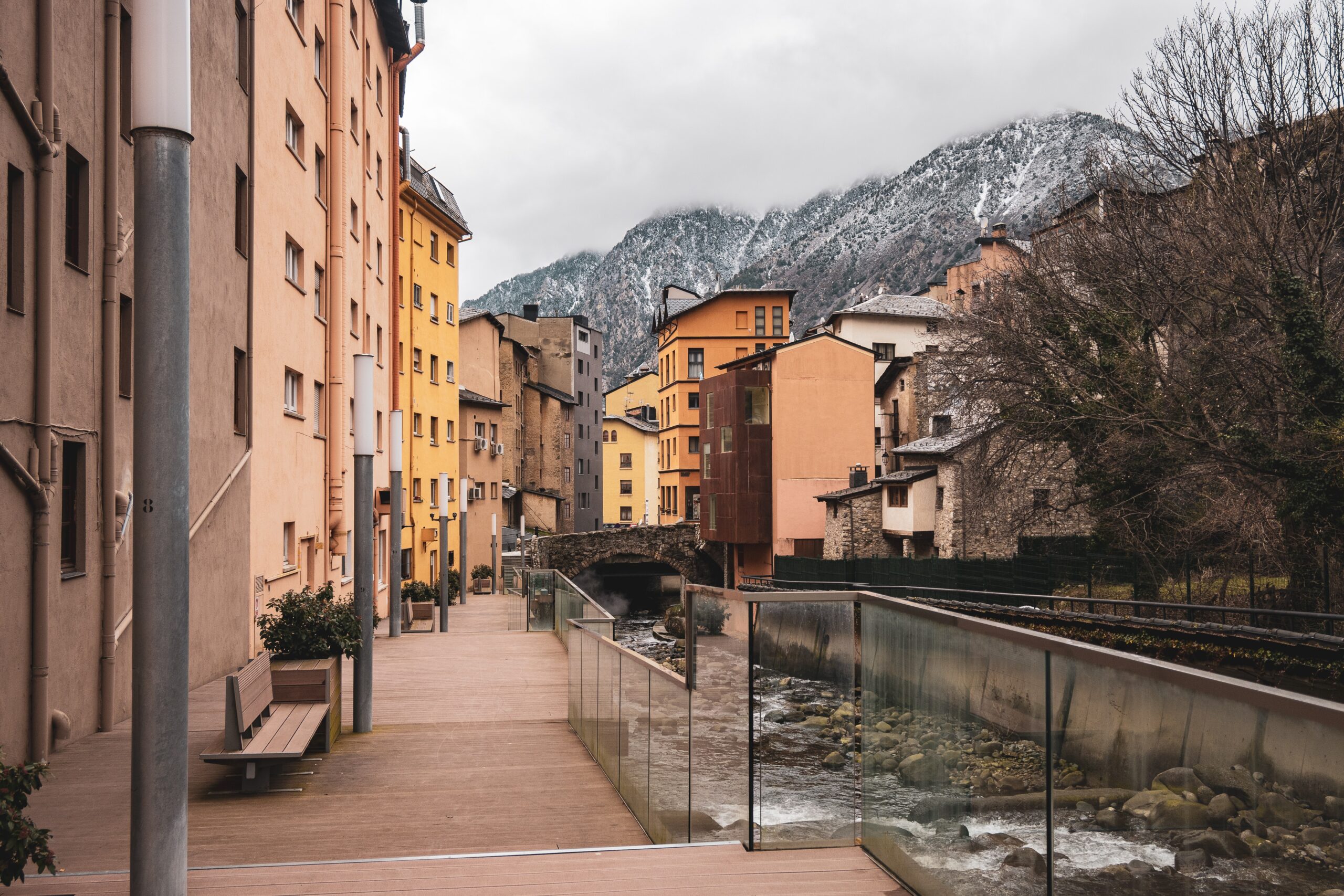Table of Contents
The passive residence in the Principality in Andorra is the one that allows to reside more than 90 days in the country and to be a tax resident (as long as you spend more than 183 days per year). Passive residence, i.e. without a work permit, is intended for those persons (and their families) who will not develop a professional activity and, therefore, will not be able to invoice or have an employment contract. It would be the Andorran Golden Visa.
Even so, they can be tax residents in Andorra with a residence permit as long as they meet the different criteria on the basis of which the tax residence is assigned.
Requirements and documentation
At a general level, the documents to be taken into account include a criminal record, a private medical insurance and a certificate of economic solvency (at least 40,000 euros in liquidity in an Andorran bank). In addition, according to the current regulations, the vaccination or recovery Covid passport requirement was eliminated in April 2022.
As for the investment in Andorran assets, the starting point figure is 400.000€, from which the deposit to the Andorran Financial Authority (AFA) of 50.000€ for the main holder and 10.000€ for each dependant (spouses and children) must be deducted. Therefore, a single person will have to invest €350,000 in the country, while a holder accompanied by a spouse and two children will have to invest €320,000 in the country.
As stated in article 96 of the qualified immigration law of the Principality of Andorra, this investment can be evidenced by several instruments: real estate located in the territory of the Principality of Andorra, shares in the share capital or in the equity of companies resident in the country, debt or financial instruments issued by entities resident in the Principality of Andorra, etc. It should be noted that, to date, mortgaged apartments are accepted as real estate investments in Andorra.
Permitted activities and income
What the law currently states is that the resident person without lucrative activity can develop the activities necessary for the management of his own assets and, in particular, the functions that correspond to him as administrator of the entities in the capital or in the equity of which he has a participation equal or superior to fifty percent, and as long as the position of administrator is not remunerated.
In addition, some subtypes of passive residence (such as those with international projection or for elite athletes, do contemplate the possibility of invoicing or having an employment contract).
Family reunification
At the moment of presenting the application of the principal holder, the documentation of the regrouped persons (partner and children) can be entered simultaneously. Only couples formalized by marriage or civil union (domestic partnership) signed in Andorra can be reunited, a process that takes about eight months.
As for the children, it will be possible to regroup the minor children and the adult children up to 25 years of age whose main activity is to study.
In case of reunification, additional documentation will be required, such as original marriage or birth certificates. Also, minors under 16 years of age will be required to comply with the Andorran vaccination schedule for their age. Regrouped persons must also have private medical insurance in Andorra (with 100% coverage), which will range from 100-150€ per person per month.
The passive residence option is ideal for those families who want to proceed at once with the whole transfer of residence to Andorra, since in the cases of reunification for people with work permit, the process usually takes between 6 and 18 months after obtaining the residence permit.
Opening a bank account
The opening of a bank account in Andorra is essential for the presentation of the dossier, since the bank solvency certificate can only be issued by an Andorran bank. It is often the bottleneck for new residents’ applications, as the regulatory compliance department of all Andorran banks analyzes in detail the client’s profile and the origin of his funds. Depending on your profile, the firm advising you will be able to recommend one bank or another within the Principality (some are more traditional, others more open to investor profiles or content creators).
Passive vs. self-employed residence
These two types of residence are the most demanded among medium-high profiles that move their residence to Andorra. Remember that if you want a comparison in the form of a table, you can find it in this article on the types of tax residence in Andorra. Below we will point out the benefits and disadvantages of each of them:
Passive residence:
✔️ Faster to obtain, as it does not require the incorporation of any company (6 weeks approximately after filing the dossier).
✔️It does not imply having to pay the compulsory self-employed fee (450-500€ per month).
❌Obligation to pay about €150 per month for private health insurance.
✔️Allows immediate family regrouping.
❌Mandatory investment in the country of €350,000 in the first 7 months. Housing prices in Andorra are high, so the purchase of a centrally located second-hand apartment of about 3 rooms (100 m2) would already involve an outlay of that amount. Also, apartments with mortgage granted in Andorra are accepted, so this requirement should not be a big problem.
❌ The deposit to the AFA (blocked money) will be 50.000€.
Self-employed residence
❌ The period from the beginning of the procedure as a legal entity to obtaining the residence permit of the natural person is between 3 and 4 months.
❌ The self-employed fee must be paid monthly, which will exempt from having to pay private health insurance.
❌ Family reunification will have to wait between 3 and 12 months, depending on the nationality.
✔️ No investment in the country is required.
✔️Allows you to invoice as self-employed and obtain a work permit.
✔️The deposit to the AFA (blocked money) will be 15,000€.
Frequently asked questions
Are there other types of passive residences beyond non-profit?
Within the passive residences, the most frequent is the residence without lucrative activity. However, other modalities are included in this category, such as those for professionals with international projection, residency for scientific or cultural reasons or for admission to medical clinics.
If I spend 90 days in Andorra, can I be a tax resident?
No. Passive residence allows two of the following options:
Exceeding the tourist regime (90 days) in a legal way, for example, in case of having a second residence in Andorra.
Becoming the fiscal residence of the person if he/she spends more than 183 days. Spending less than six months a year, the Tax Agency of other countries could claim your tax residence.
Is it possible to change from passive residence to self-employed?
Yes, in that case, the remaining amount of the deposit (35.000€) would be returned.
Sources:
- “Andorra passive residency“, by AndorraInc
- “Foreign investment regulations“, by Andorra Government

